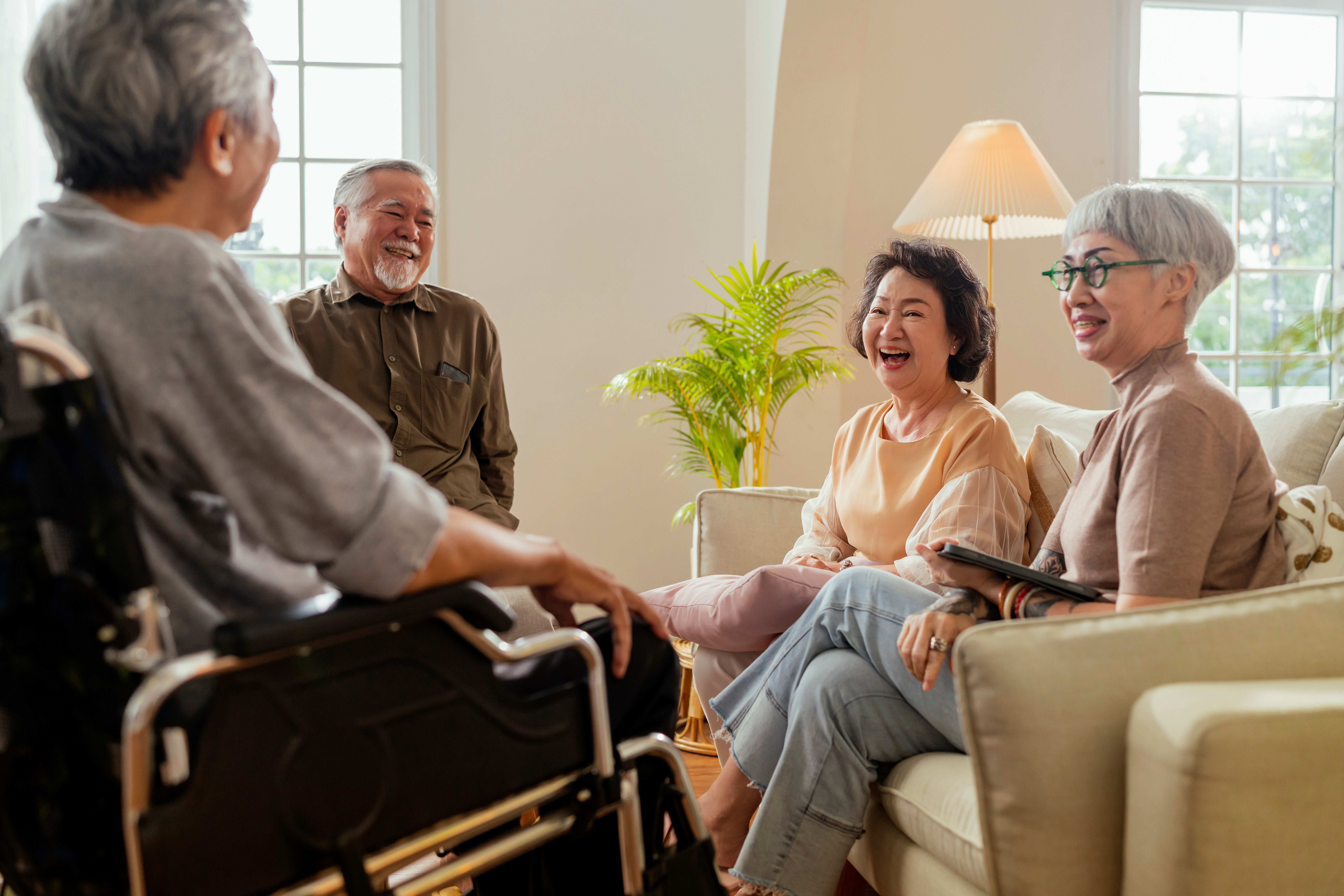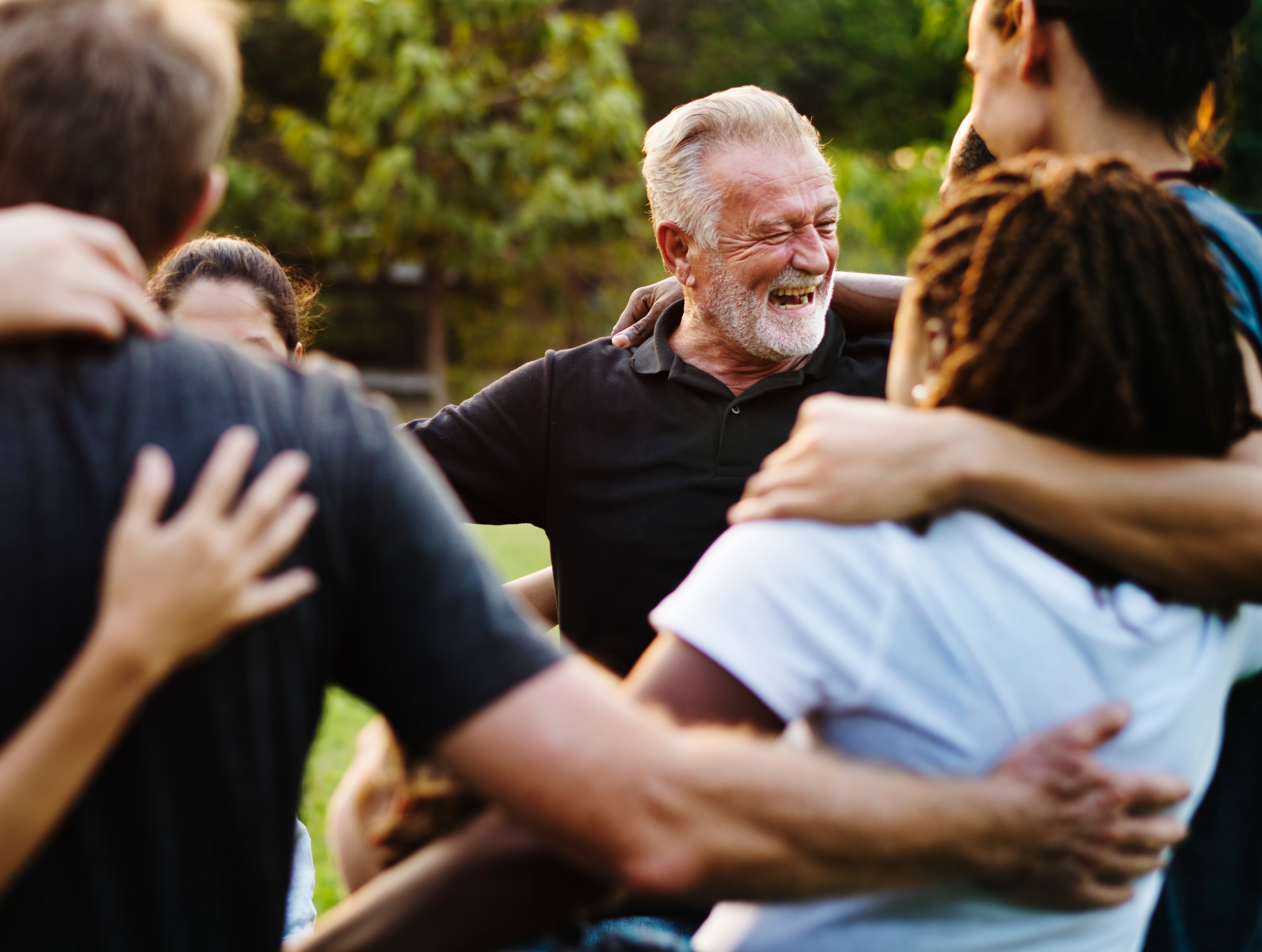The World Health Organization has declared Dementia a public health priority (WHO,2020) and called for global action to establish Dementia-friendly initiatives. Global communities are mobilizing stakeholders, volunteers, and community leaders to push forward on this movement.
The challenge with many initiatives is creating a framework that moves the needle on widespread community buy-in and understanding of the mission. Without an innovative approach, there is a higher risk of stagnation or even failure. This should not be an option.
The need for Dementia friendly communities is at a critical juncture. We must prepare for the projected 82 million people living with some form of Dementia by 2030 (WHO). Community populations must shift their thinking by bringing impactful awareness, education, and resources to the broader community.
Innovative programming reduces duplication of services from others who are serving the community. Assessing the services of other community organizations must be a first step in creating a programming model and will help create the organization's mission, vision, and values.
After careful assessment, the organization can look at filling needs with innovative, creative programming. A great example of innovative and robust programming was a project undertaken by Dementia Friendly Fort Worth (TX). Shortly after the Pandemic took hold, and it was clear that in-person activities would be on hold, a daily virtual social program was created to serve the needs of older adults living at home. The program flourished by collaborating with local arts organizations and individuals who brought new and vibrant activities!
The virtual program met a need, was different than what other organizations were doing, and, equally important, opened doors to funding from our local Area Agency on Aging and United Way.
Innovation will spur funding!
The best community missions need funding to fulfill their mission. To do this, securing financial support allows for solid strategic planning and growth. They work hand-in-hand, especially as the organization gets up and running. DF initiatives need to work smart and have a framework for data and outcomes tracking on all programming activities. The goal is positive results and being able to assess this early on so that any adjustments that move the needle can be made. Or, if outcomes don't improve, the program may have to be dropped. Successful programming pushes an organization forward while garnering community support.
Every community is different, and each DF organization will be unique, which is what makes the diversity of this movement so exciting. If you are a stakeholder in a Dementia Friendly initiative, I urge you to connect with others who are paving the way and learn from their successes and challenges. Develop a network of leaders with whom you can share innovative programming and funding ideas. As part of the Dementia Friendly Fort Worth Board, I have the honor to talk with colleagues from around the country seeking advice and with whom I can gain tremendous insight to share with our organization.
If you are seeking innovative programming, I would be honored to talk with you! AGE-u-cate is committed to serving the global movement of Dementia Friendly communities with dynamic, creative, and impactful outreach programming.

.jpeg)

.jpeg)



